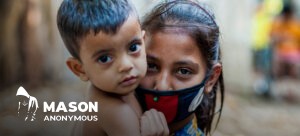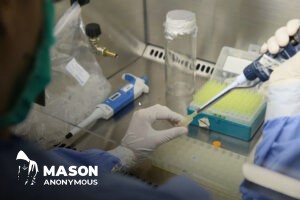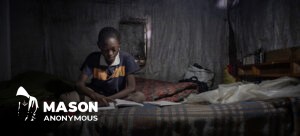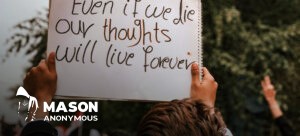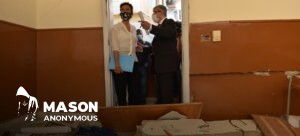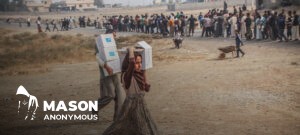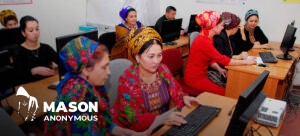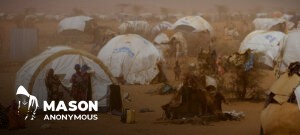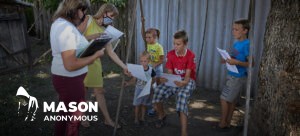The Review Committee will advise whether any amendments to the International Health Regulations (IHR) are necessary to ensure it is as effective as possible, WHO Director General Tedros Adhanom Ghebreyesus told journalists.
He said the COVID-19 pandemic has been “an acid test” for many countries, organizations and the treaty.
“Even before the pandemic, I have spoken about how emergencies such as the Ebola outbreak in eastern DRC (the Democratic Republic of the Congo) have demonstrated that some elements of the IHR may need review, including the binary nature of the mechanism for declaring a public health emergency of international concern,” said Mr. Tedros.
Interaction with pandemic panel
The IHR Review Committee will hold its first meeting on 8 and 9 September.
The committee will also interact with two other entities, exchanging information and sharing findings. They are the Independent Panel for Pandemic Preparedness and Response, established last month to evaluate global response to the COVID-19 pandemic, and the Independent Oversight Advisory Committee for the WHO Health Emergencies Programme.
It is expected that the committee will present a progress report to the World Health Assembly, WHO’s decision-making body, at its resumed session in November.
The Assembly comprises delegations from WHO’s 194 member States who meet annually in May. A truncated virtual session was held this year due to the pandemic.
The committee will present its full report to the Assembly in 2021.
Committed to ending COVID-19
The IHR was first adopted in 1969 and is legally-binding on 196 countries, including all WHO Member States. It was last revised in 2005.
The treaty outlines rights and obligations for countries, including the requirement to report public health events, as well as the criteria to determine whether or not a particular event constitutes a “public health emergency of international concern”.
Mr. Tedros underscored WHO’s commitment to ending the pandemic, “and to working with all countries to learn from it, and to ensure that together we build the healthier, safer, fairer world that we want.”
Invest in mental health
WHO is also shining light on the pandemic’s impact on mental health at a time when services have suffered disruptions.
For example, Mr. Tedros said lack of social interaction has affected many people, while others have experienced anxiety and fear. Meanwhile, some mental health facilities have been closed and converted to COVID-19 treatment facilities.
Globally, close to one billion people are living with a mental disorder. In low- and middle-income countries, more than three-quarters of people with mental, neurological and substance use disorders do not receive treatment.
World Mental Health Day is observed annually on 10 October, and WHO and partners are calling for a massive scale-up in investments.
The UN agency also will host its first-ever global online advocacy event on mental health where experts, musicians and sports figures will discuss action to improve mental health, in addition to sharing their stories.
Global fight against polio continues
The milestone eradication of wild poliovirus in Africa does not mean the disease has been defeated globally, Mr. Tedros reminded journalists.
Coronavirus Portal & News Updates
Readers can find information and guidance on the outbreak of the novel coronavirus (2019-nCoV) from the UN, World Health Organization and UN agencies here. For daily news updates from UN News, click here.
WHO announced on Tuesday that the continent has been declared free of the virus, which can cause paralysis, after no cases were reported for four years
“We still have a lot of work to do to eradicate polio from the last two countries where it exists: Afghanistan and Pakistan,” he said.
Mr. Tedros also congratulated Togo, which on Wednesday celebrated the end of sleeping sickness as a public health problem.
The disease, officially known as human African Trypanosomiasis, is spread by tsetse flies and is fatal without treatment.
